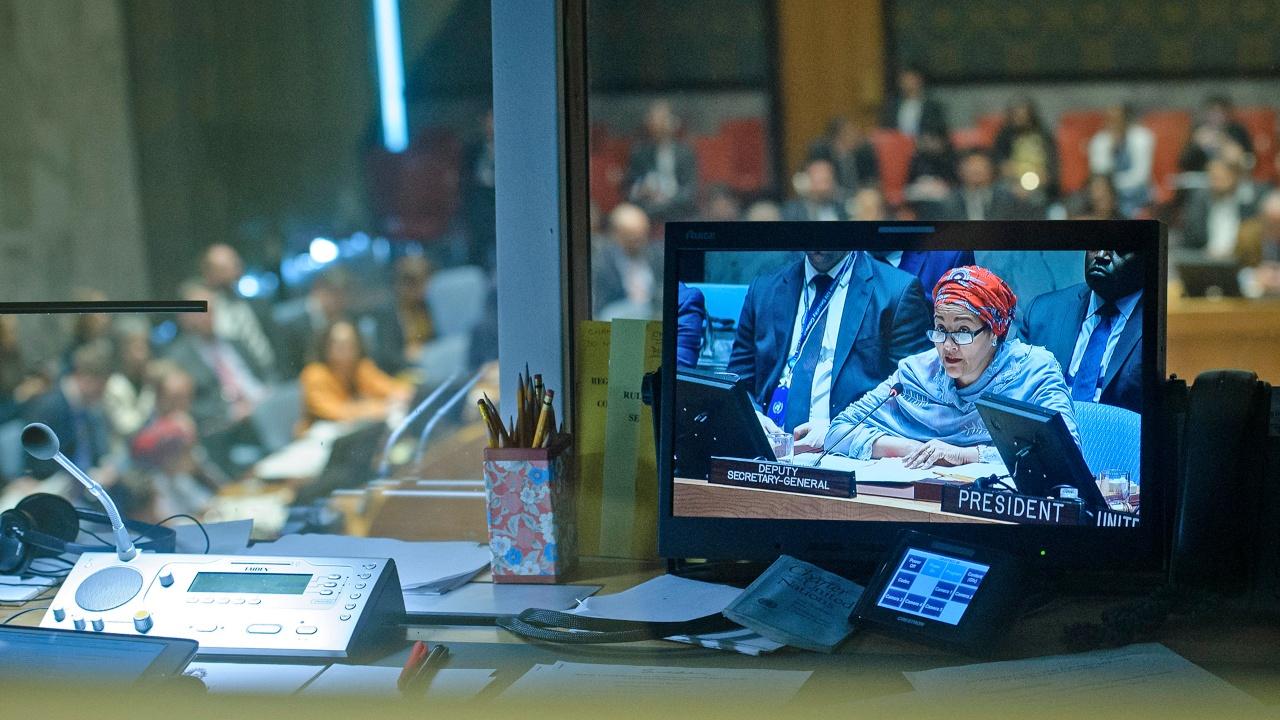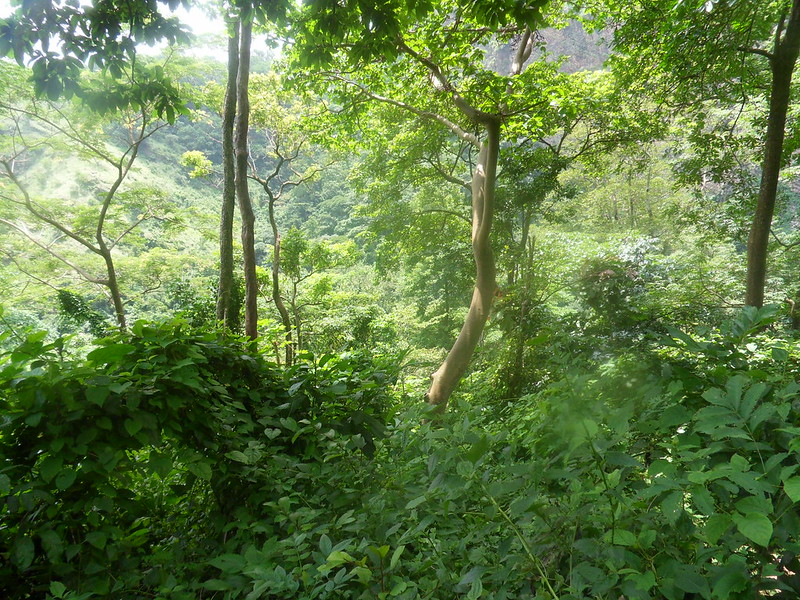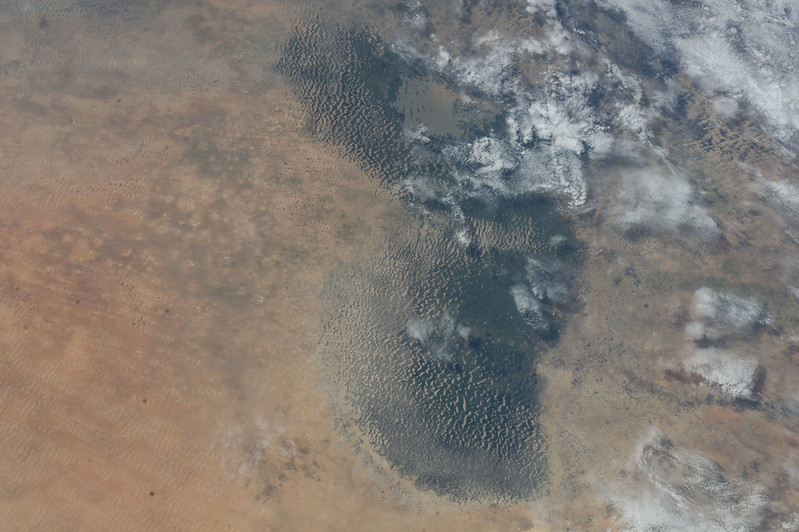Despite being the former poster child for jihadist violence, terrorism is decreasing around Lake Chad. But there are warning signs that this regression might be short-lived, writes Adam Abas.
The Lake Chad region, which once grabbed international headlines as a stronghold of jihadist terrorism, has witnessed a gradual decrease in the presence of terrorist related attacks and death in the past few years. The countries in the region – Niger, Chad, Nigeria, and Cameroon – are recording minimal incidents of attacks and fatalities related to terrorism. This stands in contrast to the Sahel region, which in the past four years has experienced a heightened level of jihadist group terror activities.
The recently released Global Terrorism Index report indicates a slow decline in the terror activities in Lake Chad, with only Nigeria and Niger ranked in the top 10 (8th and 10th respectively). Chad ranks 21st. At the same time, Cameroon is 12th on the list. This is not to say that Islamist terror activities in the region have totally receded, but statistics are indicating a slow decline in the violent activities.
The countries in Lake Chad have been able to stem the tide of terrorism due to several factors that have come together to create this steady decline.
First, the strengthening of the region’s national military capabilities in the fight against terrorism, has yielded success. The major offensive conducted under Operation Boma Wrath in 2020 led by the Chadian military, was a decisive blow to Boko Haram and Islamic State in the region. According to Niger, the military claimed the lives of 1,000 jihadist fighters. The role of the Multinational Joint Taskforce, the regional security outfit which is utilising a combination of military and non-military approaches has resulted in the mass surrender of jihadist group fighters and families. Members of Boko Haram and Islamic State have laid down their arms. Between 2022 and early 2023, more than 80,000 men, women and children surrendered to the military.
Nigerian air superiority, has been crucial in the elimination of top jihadist leaders including the Islamic State commander Muhammed Malik. Air power has proved effective in disrupting jihadist convergence around Lake Chad, and disrupting logistic and supply lines.
Secondly, the intra-jihadist civil war between the Islamic State and Boko Haram has concentrated violent attacks and death away from the civilian population and towards jihadist fighters themselves. The armed conflict location event data shows that jihadist attacks on civilians and government forces have dropped since 2022. The Global Terrorism Index Report analysis of the 20 deadliest attacks, shows that three of these have been skirmishes between Boko Haram and the Islamic State. This turf war has significantly degraded and weakened both groups, especially Boko Haram whose leader Abubakar Shekau died under heavy pressure to surrender to Islamic State in West Africa province.
Lastly, the reintegration and demobilisation projects in Lake Chad have proved successful in reducing attacks in the region. The four countries on Lake Chad have a reintegration program that is aimed at reintegrating former combatants and non-combatants into society through training and deradicalisation. In 2022, 70,000 former Boko Haram members and associates have fled jihadist controlled enclaves to surrender and be integrated into the community. It has proven worthwhile in diminishing the fighting forces of these groups, particularly Boko Haram which has witnessed the largest defectors of associates from the group.
Can this success be sustained?
The fight against terrorism has been a top priority for governments in the region, however, while these recent successes are laudable, several factors could impede the steady progress.
Political instability in the countries of the region from the coup in Niger and political fragility in Chad has been straining regional counter-terrorism efforts. These include Niger’s withdrawal from the Multinational Joint Taskforce and the formation Alliance of Sahel States. Similarly, the political unrest in Chad could distract the country from focusing on regional counter-terrorism operations which have been the backbone of the region’s counter-terrorism success. There is also the unknown future of foreign actors like Russia and the possible deployment of the Africa Corps formerly Wagner group forces.
Despite some initial successes, the integration programme has faced challenges. There has been a lack of proper screening of those who claim to want to repentant, and a lack of prosecution of former Boko haram combatants which has denied victims of jihadist attacks justice. Failed promises from regional governments meant that several former combatants have returned to Boko Haram. Estimates put this number at 1,000 in Cameroon, and more than 2,000 in Chad.
The countries around Lake Chad must intensify cooperation and continue to pursue collaborative counter-terrorism operations to keep up military pressure on the jihadist groups and work on effectively implementing the reintegrating programme. Without these efforts, the region could regress into its previous jihadist era and experience a level of terrorist attacks akin to those observed in the neighbouring Sahel region.
Photo credit: NASA used with permission CC BY-NC 2.0 DEED






This is apt! In addition to this, I think government and international organizations as well as communities should work toward building social cohesion and addressing victim-repentant-terrorists stigma to avoid recidivism. Thanks!